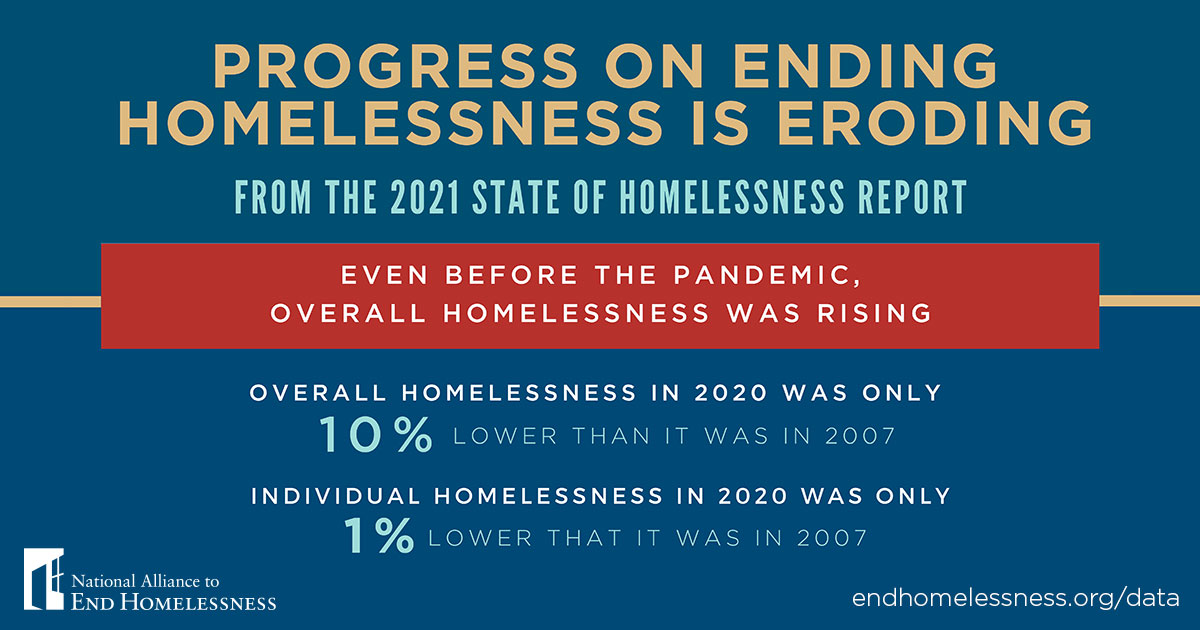Dear Dads,
As a society, we have come to recognize the significance of imparting knowledge and education to our children. We make sure they are equipped with the necessary skills to navigate through life, succeed in their careers, and lead a fulfilling life. However, in our pursuit to provide them with the best possible education, we often forget to instill in them an essential aspect of human existence: spirituality.
Spirituality is not merely a belief system or a set of rituals; it is the recognition of the higher truths and the greater purpose of human existence. The spiritual dimension allows individuals to connect with something beyond themselves, whether it be nature, the cosmos, or a divine entity. It also encompasses an individual’s understanding of their inner self, their values, and their relationship with others.
Teaching spirituality to our children is crucial because it shapes their perception of the world and helps them navigate through life with a sense of purpose and meaning.
Instilling spirituality in children does not require any religious affiliation or dogma. It can be taught in various ways, such as mindfulness practices, gratitude exercises, connecting with nature, or engaging in acts of kindness.
Here are four ways to teach our children spirituality:
1. Practice gratitude: Gratitude is an essential aspect of spirituality. Children can learn to appreciate the simple joys of life, such as a beautiful sunset or a delicious meal, and to be thankful for them. Start by asking your child to name things they are thankful for each day. Encourage them to focus on the positives in life, even when things are tough.
2. Connect with nature: Spending time in nature is another way to connect with the divine. Take your child on nature walks or hikes, and encourage them to observe the beauty and wonder of the natural world. This can help them develop a sense of awe and reverence for the world around them.
3. Teach mindfulness: Mindfulness is a practice that can help children connect with their inner selves and the world around them. You can teach your child mindfulness techniques such as deep breathing, meditation, or yoga. These practices can help them learn to be present in the moment and find peace within themselves.
4. Encourage kindness and compassion: Spirituality is also about treating others with kindness and compassion. Encourage your child to be kind to others, to volunteer in the community, and to help those in need. By helping others, your child can develop a sense of purpose and a deeper understanding of their place in the world.
By teaching our children spirituality, we help them develop a sense of purpose, meaning, and connectedness to the world around them. With these four strategies, we can help our children develop into compassionate, mindful, grateful, and caring adults.
Furthermore, research shows that spirituality promotes positive mental health and emotional well-being, reduces stress, and fosters resilience in the face of adversity.
Spirituality also promotes empathy and compassion, values that are essential for living in a just and harmonious society. When children develop a sense of connectedness with others and the world around them, they are more likely to develop a sense of responsibility towards their fellow human beings, nature, and the environment.
Spiritual education helps children develop a more significant sense of identity that is rooted in their values and beliefs, rather than superficial aspects such as material possessions or societal status. This helps them to grow into more confident and self-assured adults.
We need to recognize the importance of teaching our children spirituality. By doing so, we can guide them to live a more meaningful and purposeful life, promote positive mental health and emotional well-being, and foster a sense of empathy and compassion. We need to integrate spiritual education as an integral part of our children’s upbringing, and impart to them the higher truths and deeper values that define the human experience.





